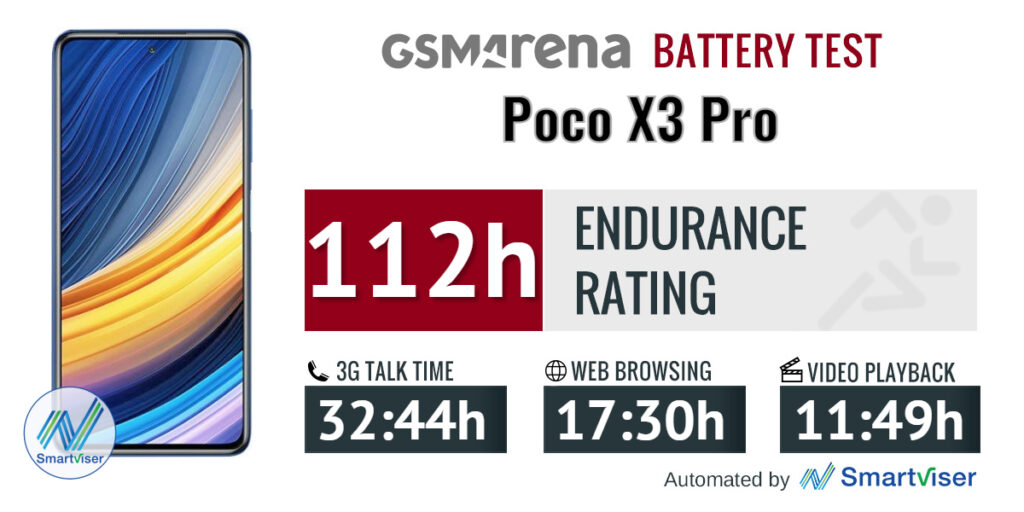Why Your Site Is So Slow And How To Speed It Up
A slow-loading website is a significant problem for every blogger and web admin because it makes their blogs look bad and makes it difficult for the readers to access their blog's contents. The common perception among many bloggers and web admins is that all they need to do to speed up their WordPress-powered websites is install a caching plugin. But what many fail to realize is that this alone cannot make their website perform faster, and the need to hire a website maintenance company must be considered. Here are some of the most common issues with WordPress websites that cause slow performance and how you can resolve them:
Unused Plugins/Themes
One of the biggest reasons for a sluggish WordPress site is unused content (such as plugins, themes, widgets, etc.). When you install or activate any plugin/theme, it starts to load its components on your WordPress site. The more plugins you have installed and activated, the more content elements are loaded on your website's pages. These unused plugins might still exist on your website even after you deactivate them because they only get uninstalled if you delete them from the ‘installed plugins' section. So, you should regularly check whether a particular plugin is unused and, if it is, then delete it.
WordPress Database Tables
Slow loading of your WordPress website can also be because of faulty or corrupted database tables. There are several reasons why WordPress database tables may become corrupt, such as sudden termination of the PHP process, using faulty plugins/themes that create database table errors, etc. One way to check whether your website's database tables are in order or not is by running a quick scan. If it returns any errors, you should run another SQL repair script on your database tables, or you can also consider making a full site backup and then deleting the database, followed by a fresh WordPress installation.
WordPress Memory Limit
By default, WordPress has memory-limit scripts. Sometimes the allotted limit isn't always enough for complex themes and plugins. If you are using such scripts on your website, you will need to either increase the memory limit in the php.ini file or use a caching plugin that can cache pages and reduce the load on your server.
Large Numbers Of Comments & Trackbacks
Comments are what make WordPress blogs interesting, but if there are too many comments/trackbacks on a single page, then it can put a heavy load on your blog's server. However, you can allow commenting directly on the posts by disabling pingbacks and trackbacks. This feature should be enabled to receive notifications via e-mail whenever a new comment is posted, but make sure you moderate the comments before approving them.
Large Numbers Of Post Revisions
The more posts you write on your WordPress-powered blog, the larger the size of your database becomes. This means that more database tables need to be created for each additional post, which can result in the sluggish performance of your WordPress-powered website. To reduce the load on your blog's server, you can delete all post revisions that are no longer required.
Large Installed Themes And Plugins
Installing every new plugin/theme, you come across can spoil your website's performance. Although it is okay to use plugins/themes for specific purposes, if they are not being used, then you should delete them or adjust their settings so that they are not activated by default. If the plugin is vital for the functioning of your website, then you should consider switching to a lightweight alternative instead.
Incorrect Web Hosting Settings
Incorrect web hosting settings can also lead to your WordPress website becoming slow because the load on your server will be increased due to inefficient resource usage. You should check that your hosting provider allows a significant number of file uploads, the PHP memory limit is set high enough, database optimization is enabled, and you have a caching plugin installed. Additional web hosting settings optimized for WordPress websites include compressing the database tables, compressing the images, and enabling object caching.
Final Thoughts
Now you are familiar with some of the reasons why your WordPress website is performing slow. You can either do it yourself or hire a professional agency specializing in WordPress maintenance to speed up your website.
Improved WordPress performance will result in a better user experience, so it is a good idea to periodically check on your blog's speed and optimize it accordingly.








